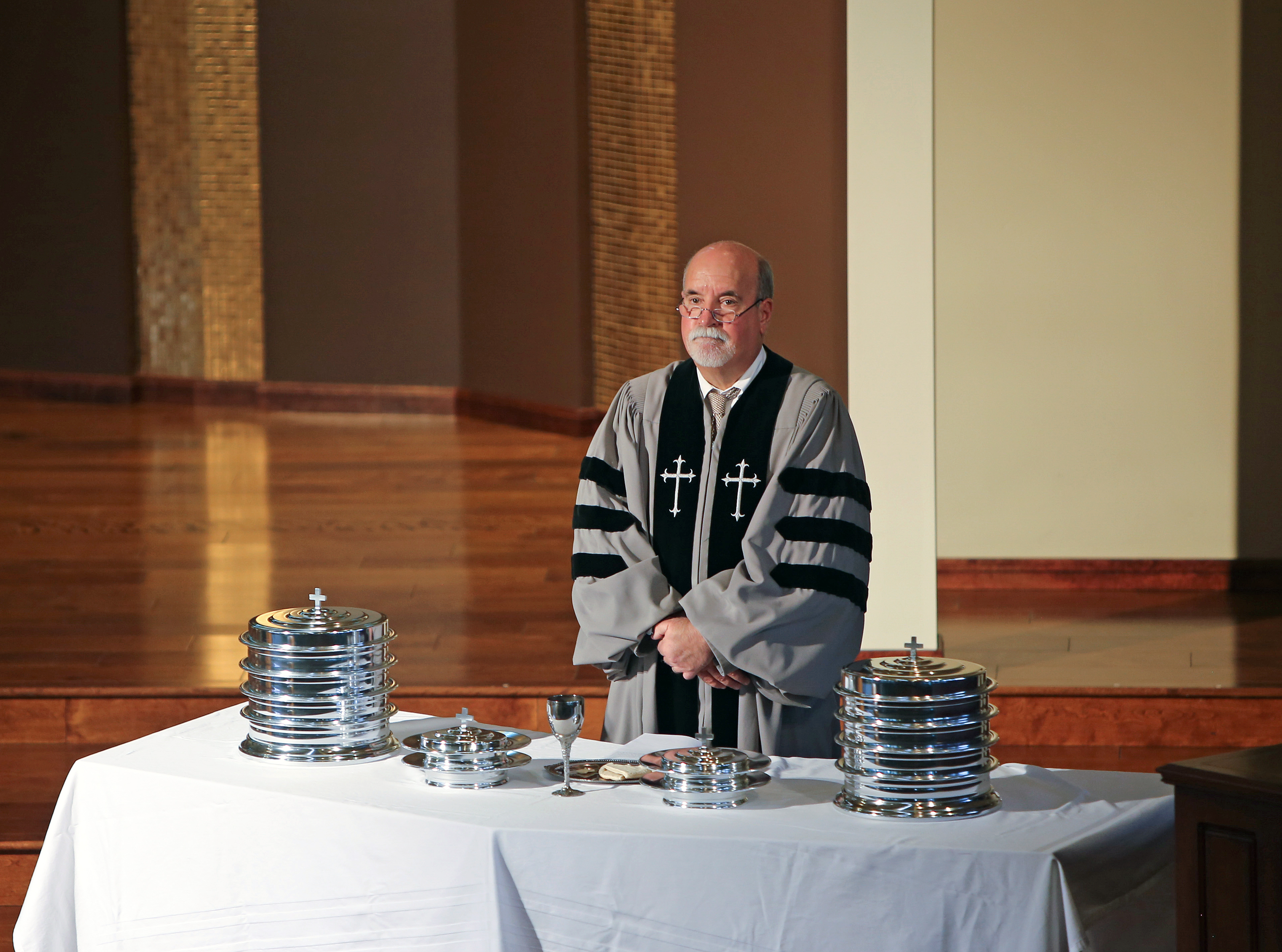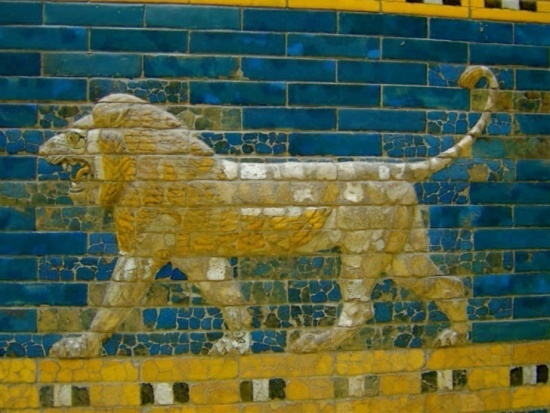"The Day of the Lord Will Come Like a Thief" -- 2 Peter 3:1-13
 Tuesday, June 7, 2016 at 09:51AM
Tuesday, June 7, 2016 at 09:51AM 
The Sixth in a Series of Sermons on 2 Peter
Peter has lambasted those false teachers and prophets who were secretly introducing destructive heresies into the churches, and then leading people away from Christ so as to indulge the lusts of the flesh. As Peter has told his readers, the chief heresy being taught by these false teachers and prophets is the denial of our Lord’s bodily return at the end of the age, to judge the world, raise the dead, and to make all things new. If, as the false teachers were contending, Jesus is not going to return, then there will be no final judgment. And if there is no final judgment, then, as the false teachers were apparently arguing, there is no reason to restrain the lusts of the flesh. But Peter was with Jesus on the Mount of Transfiguration. The Apostle was given a glimpse of Jesus’s glory which will be fully manifest when Jesus returns at the end of the age. Peter was also present with Jesus on the Mount of Olives (the Olivet Discourse) on that fateful night when Jesus spoke of his second coming as sudden–like a thief, who comes at an hour when you least expect him. The denial of something so clearly taught by Jesus and his apostles lies at the basis for the great irony spelled out by Peter in his second epistle–that these men who despise authority, and who are enslaved to the passions of the flesh, will find themselves facing the very same Savior on the day of judgment whose coming they deny, and in a final judgment in which they do not believe.
We return this morning to our series on 2 Peter, and we have reached the third chapter of this brief epistle wherein both the tone and content of Peter’s epistle changes dramatically. In the previous chapter, while describing the methods and consequences of the false teachers and prophets then plaguing the churches just as Jesus warned that they would, Peter’s temper flashes as he speaks of these men as blots and blemishes (v. 13), who behave like wild animals (v. 12). All the while denying the master who bought them (2:1), Peter says the false teachers speak blasphemies against both God and the “glories” because they are ignorant of the power of the angelic beings which they are blaspheming. These men live to gratify the lusts of the flesh, and they are constantly on the prowl for gullible Christians whom they may deceive and then exploit. Peter says of them, better to have “never to have known the way of righteousness than after knowing it to turn back from the holy commandment delivered to them” (2:21).
In chapter 3, Peter speaks much differently than in the previous chapter, and affectionately addresses his readers and hearers as “beloved.” If God’s judgment is reserved for false teachers, then those believers in Jesus Christ who must face these people and deal with them, need to be reminded of the certainty of the Lord’s return, and the inevitable fate these false teachers and prophets will face. Christ is both the Lord of his church and the protector and vindicator of his people. As Peter will tell us, the doctrine of the second coming of Jesus Christ grounds the Christian life (and Christian ethics) in a final judgment. This will be that climatic moment at the end of human history, in which all wrongs will be righted, and when at long last God’s people receive their heavenly inheritance and then enter their eternal Sabbath rest. There is indeed coming a day when all things will be made new, and old wrongs set right.
Unlike the false prophets and teachers who spread myths and lies, Peter has first-hand knowledge of Jesus’ promise that he will return a second time. Peter has also heard Jesus’ explanation as to how his return was foretold in the prophetic word (Scripture) made more certain. The Apostle knows that these prophecies were fulfilled in the doing and dying of Jesus. Since Peter has seen Jesus’ glory, and is a witness to Jesus’ death, resurrection, and ascension into heaven, then the Apostle knows that Jesus will keep his promise to return to usher in a new heaven and earth in which righteousness dwells–that is, where every hint, trace, and stain of human sin will be removed.
To read the rest of this sermon, Click Here








